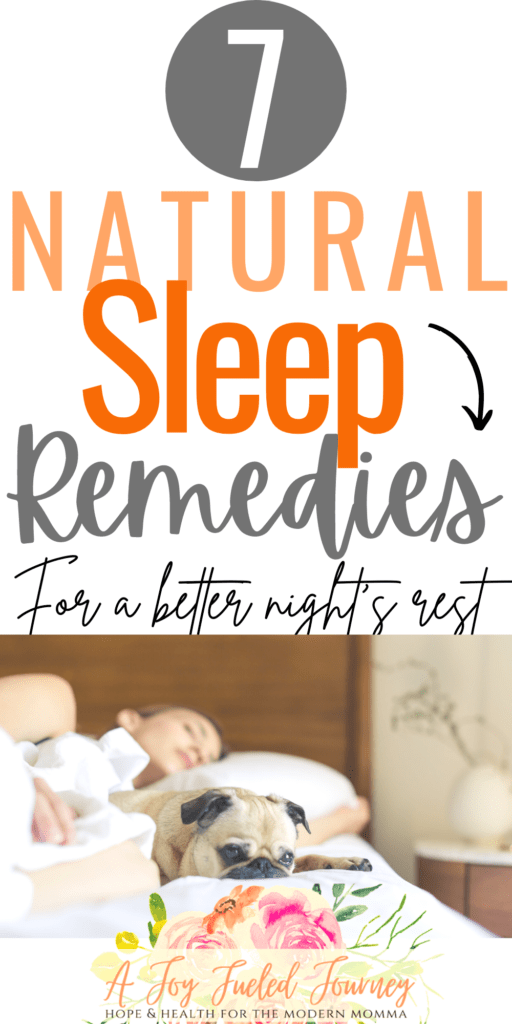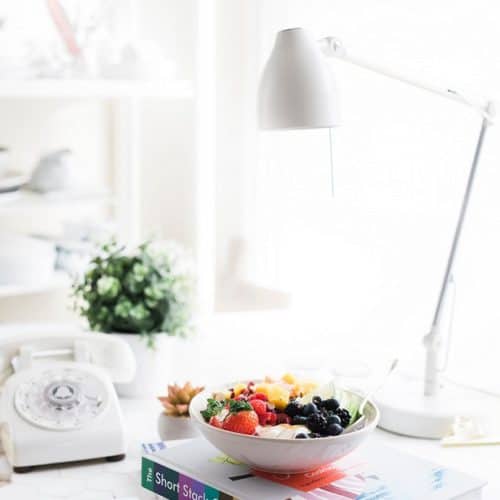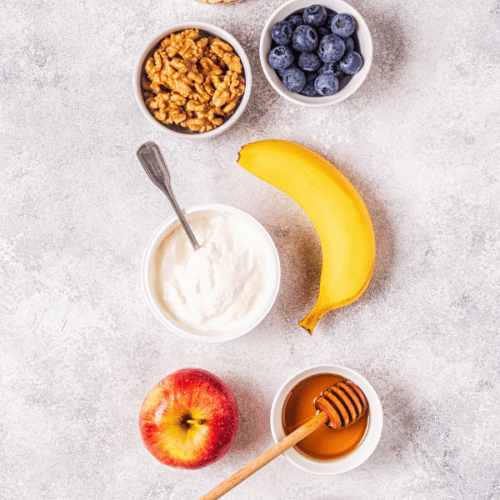Sleep Difficulties
It is estimated that 25% of Americans will develop some sort of sleep disorder this year. Our fast paced, technology driven, stress induced society is not the friend of a good night’s rest. Not only can a lack of sleep affect work and school performance, it can also have a negative impact on driving ability, performing routine daily tasks, engaging with family and friends, and even potentially lead to depression.
As a young girl I was always a light sleeper. The slightest bit of noise or light would instantly wake me and I would occasionally have a difficult time drifting back to sleep. As I reached adulthood, and the responsibilities naturally increased, my usual “light sleeping” eventually turned into one sleepless night after another. It is not uncommon for me to be wide awake a full two hours after I initially lay down and then wake in the middle of the night only to toss and turn for another couple of hours. If only I could simply take the advice of my husband to relax, think happy thoughts, and magically fall asleep each night as he does…
Research indicates the struggle is real.
A National Sleep Foundation study discovered that 74% of stay-at-home moms (and I’m assuming it is safe to say all moms in general whether stay-at-home or working) struggle with some form of insomnia, so I guess I am in good company. My search for answers and relief has been a slow process, but through some trial and error I have found some natural remedies that have been very helpful for me that I would like to share with you. Insomnia is rough at any stage of life, but especially for mommas with young kiddos! If I can shed light on the subject for you and be of some help, it would make me feel like my sleepless nights had a purpose!
There are several supplement free natural sleep aids that may be beneficial for you. Proven research suggests that regular exercise and proper nutrition play a role in our body’s ability to rest peacefully, but it doesn’t stop there. I have learned that I am very much affected by using any kind of technology before bed and try to purposely make sure to have no cell phone usage, laptop, or TV at least an hour before lights out. Also, in regards to light, our body’s natural melatonin process begins as the sun goes down and it becomes dark. If we continue to use bright artificial lighting in our homes afterwards, this process is delayed. You can easily remedy this by simply dimming the lights after sun down. Eating shortly before bed forces our body to focus on digestion instead of relaxation, which can also cause problems for a sensitive system. Furthermore, consuming even the smallest amount of sugar within a couple of hours of bedtime can easily kick start a racing mind not likely to calm down for a restful sleep.

This page/post may contain affiliate links. As an Amazon Associate I earn from qualifying purchases at no additional cost to you. This is true of any other affiliate links within this post. For more detailed information, please visit our Affiliate Disclaimer page.
Some natural sleep aids may help create a peaceful night’s rest.
Magnesium
Although a true magnesium deficiency is rare in the western world, Healthline.com states that almost half of the U.S. population does not meet the minimum daily requirement.
Adult women are encouraged to get 310-320 mg daily vs. a man’s 400-420mg. Foods highest in magnesium: pumpkin seeds, almonds, spinach, cashews, black beans, avocado, and dark chocolate to name a few. Talk about some tasty options!
Magnesium is the fourth most abundant mineral in the body with a wide array of responsibilities ranging from maintaining brain function and a healthy heartbeat to creating a calming effect on the central nervous system which in turn helps relax the muscles as well as the brain.
I began taking a magnesium powder supplement about a year and a half ago and believe this has been the biggest contributor to a better night’s sleep for me.
Melatonin
Melatonin is a natural hormone that helps our body’s sleep-wake cycle. As mentioned before, light decreases it’s production. However, exposure to sunlight during day time hours seems to have a positive impact on its effectiveness at night.
Some doctors are comfortable with a daily dose, but others advise only taking a melatonin supplement when absolutely necessary and not to rely on it every day. When I am especially behind on sleep and need all the help I can get I will take this in addition to the magnesium powder and am very pleased with the results.
Vitamin D
The last thing I would like to mention is a Vitamin D supplement. Low levels of this vitamin are also linked to insomnia. Ideally we would all get our daily requirement naturally through the sunlight, but for many of us the recommended amount is difficult to achieve on a regular basis throughout the year, especially during the winter months.
The average person would need 10-30 minutes of sunlight exposure per day (depending on skin color) to maintain a healthy supply throughout the body and prevent deficiency.
Although I am not 100% faithful to do all of these things all of the time and do still struggle with sleep somewhat, it is nowhere near as bad as it used to be and I’m so grateful to have found some natural remedies that help!
As always please consult with your doctor prior to beginning any new supplements to ensure it is a good fit for you and you are consuming the proper dosage.
How to get a good night’s rest recap:
- Exercise regularly and eat a balanced diet. Also be sure to stay well hydrated.
- Try to limit electronic use in the evenings, especially the last hour before bed.
- Expose yourself to adequate amounts of sunlight during day time hours, and use only dim lights after the sun goes down.
- Eat your last meal or snack a couple of hours before bed so your food has time to digest while you’re awake.
- Try adding a magnesium powder supplement into your bed time routine. I use Natural Calm Original Unflavored and have had great results.
- Also try melatonin if still having difficulty sleeping.
- Add a Vitamin D supplement to your daily routine, especially during the winter months.
I hope this list of natural sleep aids is helpful for you and points you in the right direction. Good luck and happy sleeping!



Leave a Reply